Jerry Seitzman


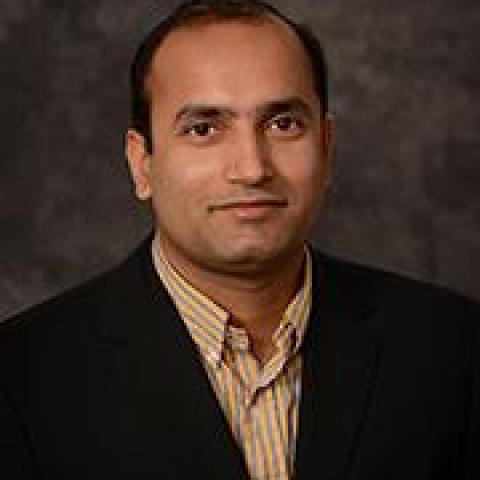
Devesh Ranjan was named the Eugene C. Gwaltney, Jr. School Chair in the Woodruff School of Mechanical Engineering at Georgia Tech and took over the role on January 1, 2022. He previously served as the Associate Chair for Research, and Ring Family Chair in the Woodruff School. He also holds a courtesy appointment in the Daniel Guggenheim School of Aerospace Engineering and serves as a co-director of the $100M Department of Defense-funded University Consortium for Applied Hypersonics (UCAH). At Georgia Tech, Ranjan has held several leadership positions including chairing ME’s Fluid Mechanics Research Area Group (2017 - 2018), serving as ME’s Associate Chair for Research (2019-present), and as co-chair of the “Hypersonics as a System” task-force, and serving as Interim Vice-President for Interdisciplinary Research (Feb 2021-June 2021).
Ranjan joined the faculty at Georgia Tech in 2014. Before coming to Georgia Tech, he was a director’s research fellow at Los Alamos National Laboratory (2008) and Morris E. Foster Assistant Professor in the Mechanical Engineering department at Texas A&M University (2009-2014). He earned a bachelor's degree from the NIT-Trichy (India) in 2003, and master's and Ph.D. degrees from the UW-Madison in 2005 and 2007 respectively, all in mechanical engineering.
Ranjan’s research focuses on the interdisciplinary area of power conversion, complex fluid flows involving shock and hydrodynamic instabilities, and the turbulent mixing of materials in extreme conditions, such as supersonic and hypersonic flows. Ranjan is a Fellow of the American Society of Mechanical Engineers (ASME), and has received numerous awards for his scientific contributions, including the DOE-Early Career Award (first GT recipient), the NSF CAREER Award, and the US AFOSR Young Investigator award. He was also named the J. Erskine Love Jr. Faculty Fellow in 2015. He was invited to participate in the National Academy of Engineering’s 2016 US Frontiers in Engineering Symposium. For his educational efforts and mentorship activity, he has received CATERPILLAR Teaching Excellence Award from College of Engineering at Texas A&M, as well as 2013 TAMU ASME Professor Mentorship Award from TAMU student chapter of the ASME. At Georgia Tech, Ranjan served as a Provost’s Teaching and Learning Fellow (PTLF) from 2018-2020, and was named 2021 Governor’s Teaching Fellow. He was also named Diversity, Equity and Inclusion (DEI) Fellow for 2020-21.
Ranjan is currently part of a 10-member Technical Screening Committee of the NAE’s COVID-19 Call for Engineering Action taskforce, an initiative to help fight the coronavirus pandemic. He currently serves on the Editorial Board of Shock Waves and was a former Associate Editor for the ASME Journal of Fluids Engineering.
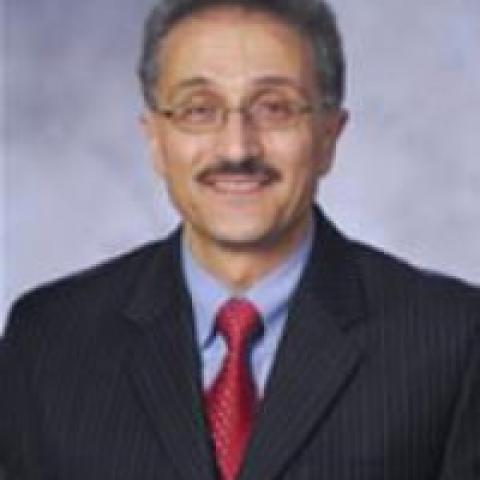
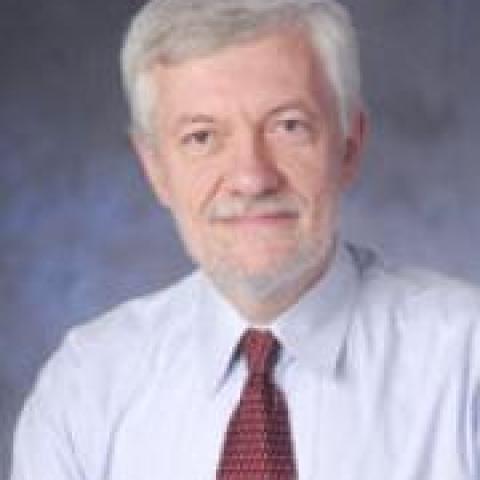
Bojan Petrovic joined Georgia Tech in 2007 as a Professor. Prior to that he acquired industrial experience as a Fellow Scientist in Westinghouse Science and Technology where his primary responsibility was as the project Deputy Director on the development of the advanced, modular IRIS reactor.
Dr. Petrovic's current research focuses on advanced reactor design, nuclear fuel cycle and waste management, and related modeling and simulation methods.
Over the past ten years, he has been involved in the development of the IRIS Reactor, within an international team of 19 organizations from ten countries. IRIS is an advanced medium power (335 MWe) integral-type PWR, based on proven light-water technology, but incorporating many innovative solutions that improve its operation, safety, security, and economics. Advanced reactors have the potential to offer full benefit in synergy with advanced fuel cycles. Recently, the focus of this research is shifting to judicious selection of fuel cycle, reprocessing, and partition and transmutation options, which may significantly reduce the radiotoxicity of spent nuclear fuel and enable its safe and economical ultimate disposal.
Novel reactor designs and advanced fuel cycles pose new challenges and require improved, more accurate methods of modeling and simulations. Dr. Petrovic's interest is in developing approaches for using Monte Carlo and hybrid deterministic-Monte Carlo methods (for eigenvalue as well as shielding applications) in a way that will be practical and relevant for analysis of complex nuclear systems.
Dr. Petrovic has a strong interest in interdisciplinary areas, and his research projects have included collaboration related to industrial and medical applications of nuclear technology. His recent research in computational medical physics focuses on proton therapy. His research has been sponsored by the Department of Energy, industry and utilities.

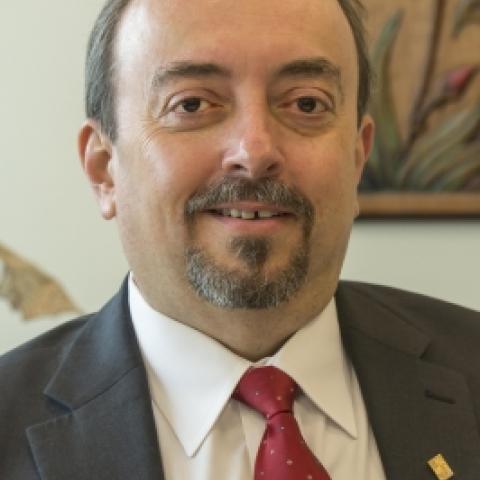


Daniel Molzahn joined the faculty of the School of Electrical and Computer Engineering at Georgia Tech in Spring 2019. Prior to this position, Dr. Molzahn was a computational engineer at Argonne National Laboratory in the Center for Energy, Environmental, and Economic Systems Analysis (CEEESA), where he currently holds an affiliate position. He was a Dow Postdoctoral Fellow in Sustainability in the Electrical Engineering and Computer Science Department at the University of Michigan. He received the B.S., M.S., and Ph.D. degrees in Electrical Engineering and the Master’s of Public Affairs degree from the University of Wisconsin-Madison, where he was a National Science Foundation Graduate Research Fellow. In his spare time, Dr. Molzahn enjoys hiking, waterskiing, and climbing. Also, as a shareholder of the world's greatest sporting franchise, he keeps an eye on his investment by watching and attending football games of the 13-time-champion Green Bay Packers football team.
Building Technologies; Nuclear
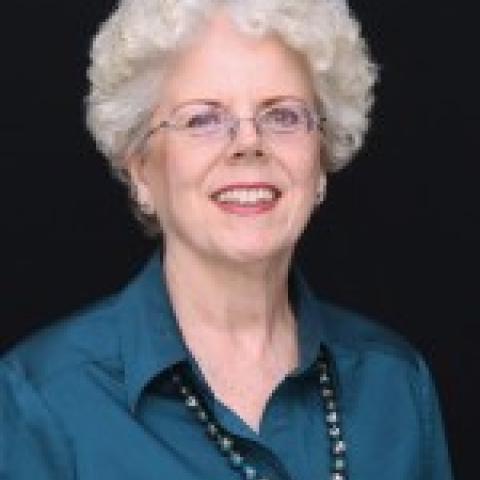

Johannes Milz is an Assistant Professor in the H. Milton Stewart School of Industrial and Systems Engineering. His research focuses on optimization under uncertainty and optimal control of uncertain systems, with a strong emphasis on sustainability applications. By addressing large-scale optimization challenges in physics-based models under uncertainty, he aims to contribute to the development of sustainable energy systems, such as renewable tidal energy farms. Dr. Milz is also dedicated to open science; he develops reproducible numerical simulations and shares them publicly, making his results accessible to a broad group of researchers and practitioners. Prior to joining ISyE, he was a postdoctoral researcher at the Technical University of Munich, where he earned his Ph.D. in Applied Mathematics in 2021.
Resource assessment and design of renewable marine energy systems, especially tidal energy.